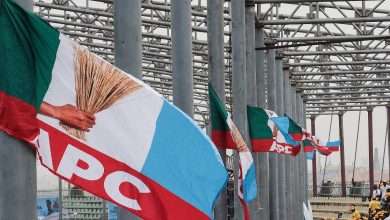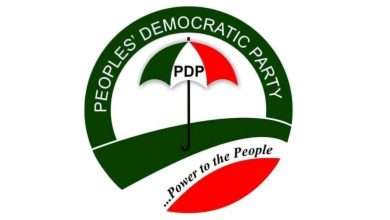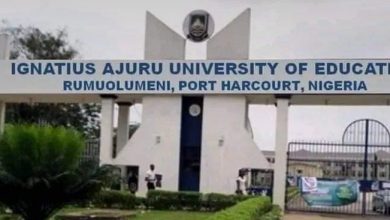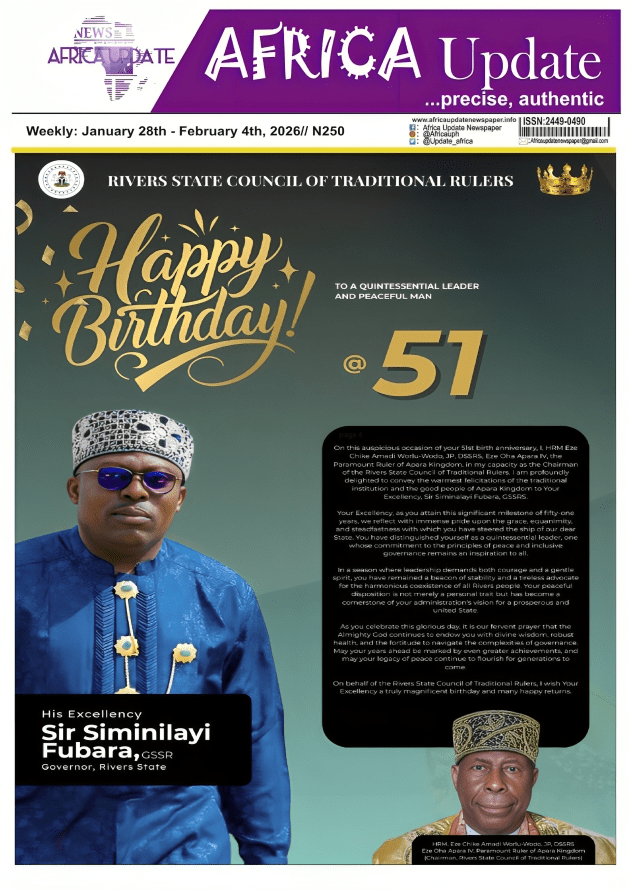
Argentinian football legend and winner of the 1986 World Cup, Diego Maradona, has passed away at home in Tigre after suffering a heart attack, according to reports in Argentina.The Albiceleste superstar was recovering at his home in Tigre after undergoing brain surgery at the start of November.
Maradona, the Gimnasia coach had been hospitalised at the start of November, days after celebrating the landmark 60th birthday, after complaining of low spirits and fatigue. Tests at the La Plata clinic revealed a blood clot on the brain, which doctors later revealed was operated on successfully.
Maradona was subsequently released from hospital as an outpatient to continue his convalescence, which he carried out in his dwelling in a private neighbourhood near Tigre, northern Buenos Aires. But on Wednesday morning he suffered cardiac arrest, and paramedics at the scene failed to revive him. The Argentine national team’s official Twitter account confirmed the news on Wednesday, paying tribute to one of the nation’s favourite footballing sons. “You will be eternal in every heart of the football world,” the message stated as it bade farewell to the superstar.







